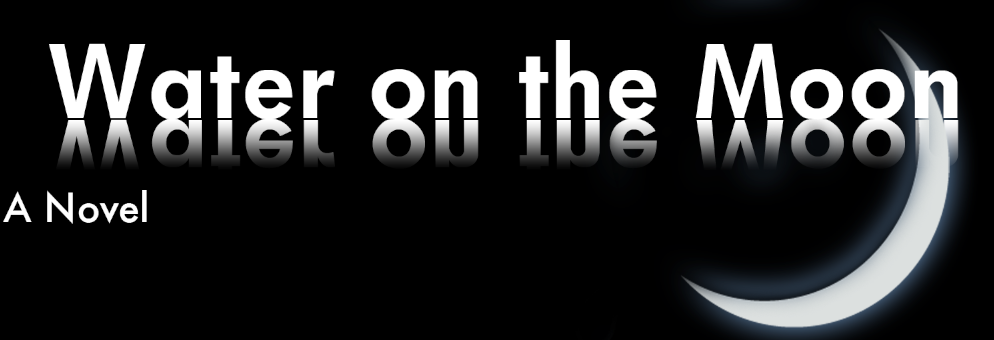The Apocalyptic Novel Hall of Fame
 |
On the Beach by Nevil ShuteThe one that got me started. I'm not old enough to remember the Red Scare, the duck and cover, the shelter frenzy and all that, though thanks to nimrods like Bush, Cheney and Rumsfeld, I may still get to enjoy the experience. The northern hemisphere has been obliterated by nuclear conflict. The novel chronicles a small group of people in Australia, including an American sub crew, as they await the seasonal transition of the Intertropical Convergence Zone and its consequent transfer of airborne fallout to down under. Simply told, understated in its despair, it lit up the mind of a 14-year-old to imagine humanity under the ultimate test of survival. I began writing my own tale, a more optimistic though terribly naive thread, glimpses of which would eventually emerge in Water on the Moon. |
 |
Earth Abides by George R. StewartEither my father or older brother read this one in the early 70s, about the time of my exposure to On the Beach. The opening page quoted an excerpt from a scientific journal that examined the likelihood of a killer disease rapidly circling the globe in this modern age (1947!) of transport. Although the premise fascinated me, I never did more than scan the book. It eventually disappeared, and I forgot it. Fast forward twenty-four years. During my graduate work, I began perusing the stacks of the college library, and finding Earth Abides went to the top of my list. The only copy there was a hardcover in their rare collection that could not be checked out. It took a few more weeks to find out it was still in paperback at the local bookstore. Interwoven through the narrative are scientific tidbits that broaden its scope, though this method contradicts the novel's overt sentimentality and its seeming moral that civilization is a lost cause. Published in the context of the aftermath of the devastation of World War II, Stewart can be forgiven for coming to this conclusion. A few years after finally reading it, upon my mother's passing, I found the original copy in a footlocker. |
 |
The Stand by Stephen KingAs King himself has admitted, this one was inspired by Earth Abides. Probably through the sheer force of its size, and the author's popularity, the standard by which these books will forever be judged. I read this after already laying out the plot and beginning the writing of Water on the Moon, so its influence was not overwhelming. Do I even need to describe it? Despite its length, still the most readable of King's books, in my opinion, but I have obvious prejudices here. |
 |
Lucifer's Hammer by Larry Niven and Jerry PournelleWritten during the rise to prominence of Alvarez's dinosaur extinction theory. A newly discovered comet careens into Earth, flooding coastlines, plunging continents into extended winter. A small group of survivors fend off a variety of challenges. As can be expected from the best writing team in the business, Niven and Pournelle provide enough thought-provoking tidbits to keep it interesting, including the memorable surfboard ride into downtown L.A. |
 |
A Canticle for Leibowitz by Walter M. Miller, JrThe most thoughtful and profound of the bunch, written from a spiritual perspective that implies religion could be as much a part of the problem with us as a solution. Six hundred years after a nuclear holocaust and its anarchic aftermath, an isolated band of monks in southwestern America reassemble the fragments of knowledge civilization once took for granted. Just enough surreal threads to set this one apart, you'll remember A Canticle for Leibowitz long after putting it down. |
 |
Alas, Babylon by Pat FrankMore workaday in its style, nonetheless a good read. It follows the exploits of small-town Floridians in the wake of US-Soviet nuclear war. Its best moments portray the workings of a post-apocalyptic economy, particularly the inevitable disappearance of gasoline, and an episode featuring a greedy jewelry collector. |
 |
Job: A Comedy of Justice by Robert HeinleinReligious satire from the master of science fiction. An American evangelist travels through parallel universes, convinced he is witnessing the advent of the Shout and Christ's second coming. Along for the ride is a very Norse pagan named Margrethe, who ultimately convinces him that not even sainthood in heaven can compare to true love. |

